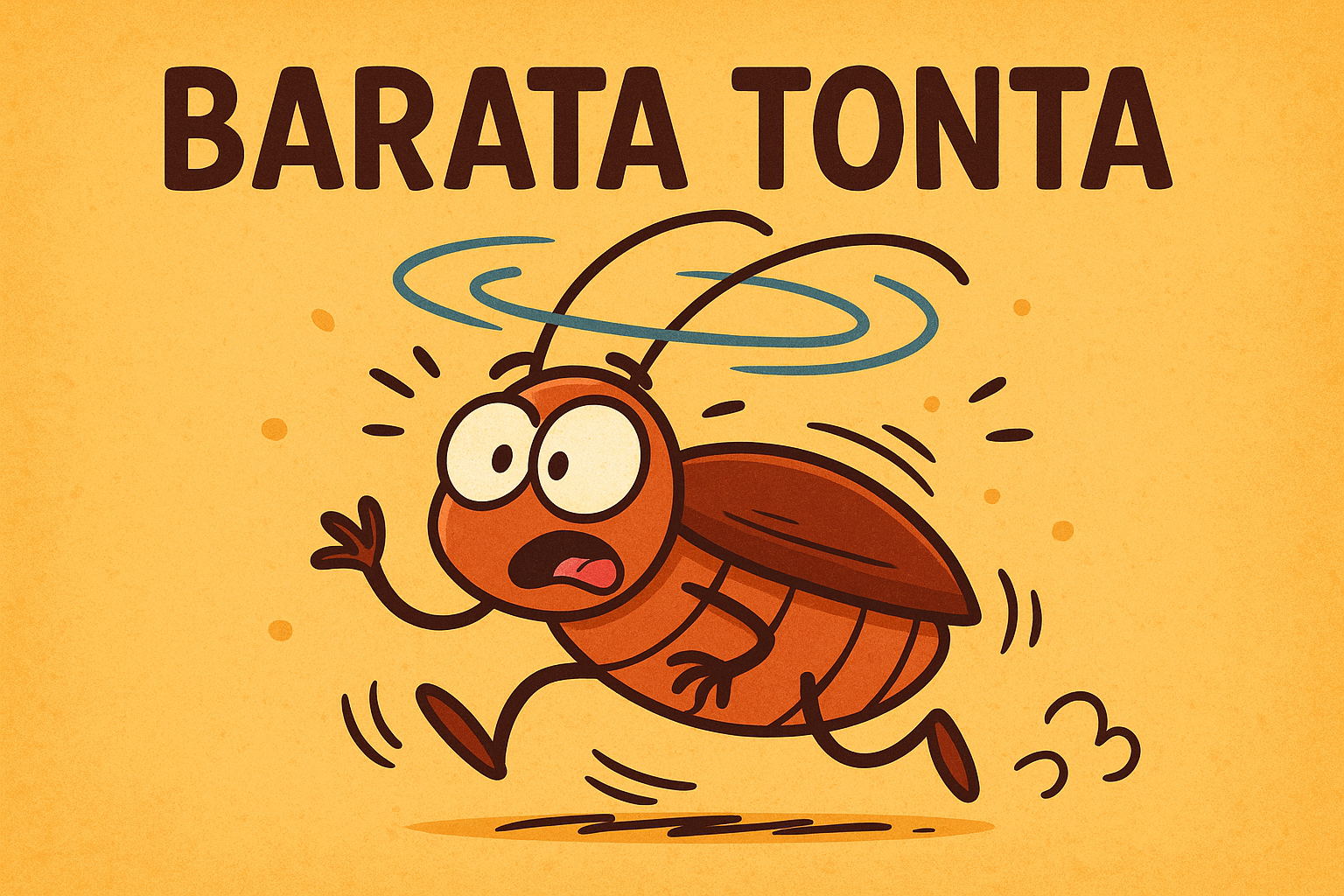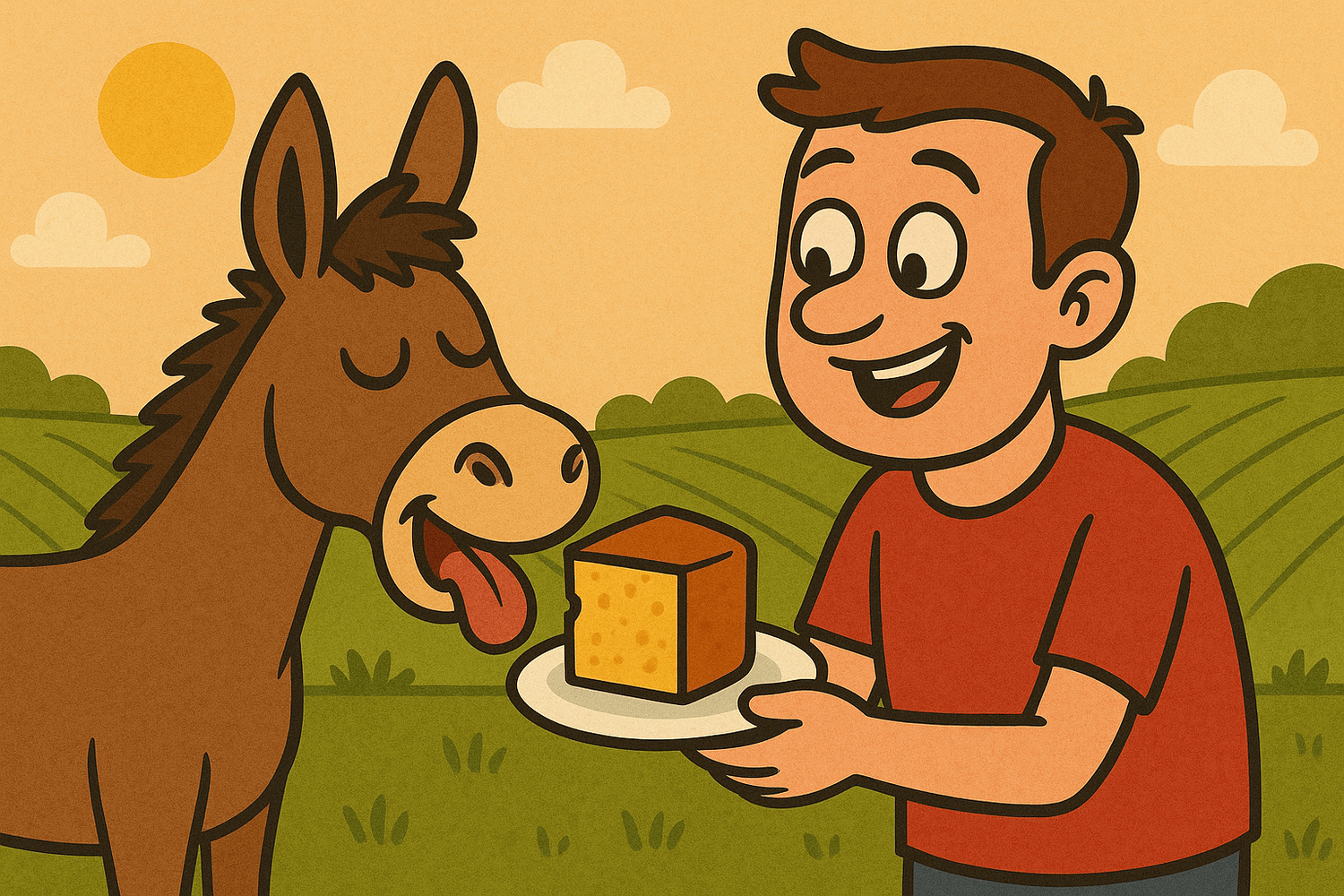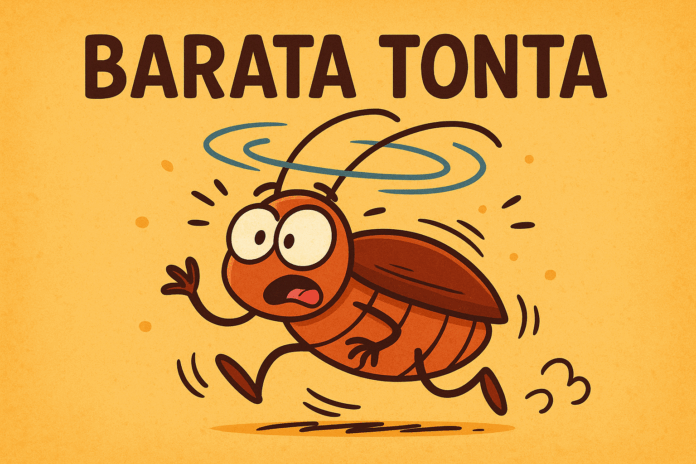The more Portuguese we learn, the more it makes us smile. Building on our exploration of Portuguese culture through language, we’ve gathered twelve more delightful idioms that demonstrate the wit, wisdom, and warmth of Portuguese speakers. These expressions reveal deeper insights into Portuguese values from the importance of experience and authenticity to the gentle art of offering friendly advice.
These idioms are used in European Portuguese and will not only enhance your language skills but also help you connect more meaningfully with native speakers, just like our list of idioms that will make locals smile. Each funny phrase conjures up vivid imagery that makes them both memorable and endearing to use in conversation.
1. A galinha do vizinho sempre é mais gorda
English meaning – The grass is always greener on the other side
This wise idiom literally translates to “the neighbor’s chicken is always fatter,” serving as a gentle reminder that we often perceive others’ situations as better than our own. It reflects the universal human tendency to compare ourselves to others and find our own circumstances lacking.
Examples:
- Estás sempre a queixar-te do teu trabalho, mas a galinha do vizinho sempre é mais gorda. (You’re always complaining about your job, but the grass is always greener on the other side.)
- Não invejes a vida dos outros. A galinha do vizinho sempre é mais gorda, mas não conheces os problemas deles. (Don’t envy other people’s lives. The grass is always greener on the other side, but you don’t know their problems.)

2. Quem vê cara, não vê coração
English meaning – Don’t judge a book by its cover
Literally meaning “those who see faces don’t see hearts,” this poetic idiom reminds us that appearances can be deceiving. It emphasizes the Portuguese value of looking beyond surface appearances to understand someone’s true character or situation.
Examples:
- Ela parece muito séria, mas é uma pessoa muito divertida. Quem vê cara, não vê coração. (She seems very serious, but she’s a very fun person. Don’t judge a book by its cover.)
- Não julgues o novo colega apenas pela aparência. Quem vê cara, não vê coração. (Don’t judge the new colleague just by his appearance. Don’t judge a book by its cover.)
3. Ficar a ver navios
English meaning – To be left waiting in vain; to wait for something to happen, but it never materializes
This maritime-inspired expression literally means “to stay watching the ships” and captures the frustration of waiting for something that never materializes. It evokes the image of someone waiting at the harbor for a ship that never arrives.
Examples:
- Marquei encontro com ele às três, mas fiquei a ver navios. (I arranged to meet him at three, but I was left waiting in vain.)
- Prometeram aumentar-me o salário, mas fiquei a ver navios. (They promised to raise my salary, but I was left waiting in vain.)

4. Muitos anos a virar frangos
English meaning – To have many years of experience; to be an expert through long practice
Literally translating to “many years turning chickens,” this idiom refers to someone who has become an expert through extensive experience. It draws from the Portuguese tradition of grilling chicken, where the cook must skillfully turn the chicken to ensure even cooking.
Examples:
- O Carlos é um excelente mecânico, tem muitos anos a virar frangos. (Carlos is an excellent mechanic, he has many years of experience.)
- Ela cozinha muito bem, já tem muitos anos a virar frangos. (She cooks very well, she has many years of experience.)

5. Barata tonta
English meaning – Someone who is clumsy, disoriented, or acting foolishly
This amusing idiom literally means “dizzy cockroach” and perfectly captures the erratic, confused behavior of someone who doesn’t know what they’re doing. The image of a disoriented cockroach running around aimlessly makes this expression both vivid and memorable. Hopefully, you’ve never had to see a cockroach in real life, but something tells us that you know what we’re talking about!
Examples:
- Ele andava pela loja como uma barata tonta, sem saber o que estava a procurar. (He was walking around the shop like a dizzy cockroach, not knowing what he was looking for.)
- Depois do acidente, ficou como uma barata tonta durante alguns minutos. (After the accident, he was like a dizzy cockroach for a few minutes.)

6. Alimentar um burro a pão de ló
English meaning – To treat someone better than they deserve; to waste good things on someone who doesn’t appreciate them
This colorful idiom literally means “to feed a donkey sponge cake,” suggesting the wasteful act of giving something precious to someone who cannot appreciate its value. It reflects the Portuguese practical wisdom about not wasting good things on those who don’t deserve them.
Examples:
- Dar-lhe esse emprego foi como alimentar um burro a pão de ló. (Giving him that job was like feeding a donkey sponge cake.)
- Comprar-lhe roupas caras é como alimentar um burro a pão de ló, ele não se importa com a qualidade. (Buying him expensive clothes is like feeding a donkey sponge cake, he doesn’t care about quality.)

7. Dar com a língua nos dentes
English meaning – To accidentally reveal a secret; to let the cat out of the bag
This idiom literally means “to hit the tongue against the teeth” and describes the moment when someone accidentally reveals information they were supposed to keep secret. The physical imagery suggests how words can slip out uncontrollably.
Examples:
- Ia ser uma surpresa, mas ela deu com a língua nos dentes. (It was going to be a surprise, but she let the cat out of the bag.)
- Tentei manter o segredo, mas acabei por dar com a língua nos dentes. (I tried to keep the secret, but I ended up accidentally revealing it.)
8. Pagar o pato
English meaning – To take the blame or punishment for something someone else did; to be the scapegoat or take the fall for someone else
Literally meaning “to pay for the duck,” this idiom describes the unfortunate situation of being held responsible for someone else’s actions or mistakes. It captures the injustice of having to face consequences when you’re not the one who caused the problem.
Examples:
- O chefe zangou-se com toda a equipa, mas no final fui eu que paguei o pato. (The boss got angry with the whole team, but in the end I was the one who took the fall.)
- Ela não fez nada de errado, mas está sempre a pagar o pato pelos erros dos colegas. (She didn’t do anything wrong, but she’s always taking the blame for her colleagues’ mistakes.)
9. Não ter papas na língua
English meaning – To be direct and frank; to speak one’s mind without hesitation
This expression literally means “not to have porridge on the tongue” and describes someone who speaks clearly and directly without mincing words. It suggests clarity of speech and frankness in communication.
Examples:
- A diretora não tem papas na língua quando fala com os funcionários. (The director doesn’t mince words when speaking with employees.)
- Gosto dela porque não tem papas na língua, diz sempre o que pensa. (I like her because she’s direct, she always says what she thinks.)
10. Ter debaixo da língua
English meaning – To have something on the tip of one’s tongue; to be about to remember something
This idiom literally means “to have under the tongue” and describes that frustrating moment when you almost remember something but can’t quite recall it. It captures the sensation of information being just out of reach.
Examples:
- Tenho o nome dele debaixo da língua, mas não me lembro. (I have his name on the tip of my tongue, but I can’t remember it.)
- A resposta está debaixo da língua, mas não consigo lembrar-me. (The answer is on the tip of my tongue, but I can’t remember it.)
11. Falar para o boneco
English meaning – To talk to someone who isn’t paying attention; to waste one’s breath
This expression literally means “to talk to the doll” and describes the frustrating experience of speaking to someone who isn’t listening or paying attention. It evokes the image of talking to an inanimate object that cannot respond.
Examples:
- Estou aqui a explicar-te tudo e tu estás a falar para o boneco. (I’m here explaining everything to you and you’re not paying attention.)
- É inútil dar-lhe conselhos, é como falar para o boneco. (It’s useless giving him advice, it’s like talking to someone who isn’t listening.)
12. Ser uma pessoa de poucas palavras
English meaning – To be a person of few words; to be someone who doesn’t talk much
This straightforward idiom describes someone who is naturally quiet and doesn’t speak unless necessary. It reflects the Portuguese appreciation for people who choose their words carefully and speak with purpose.
Examples:
- O meu avô sempre foi uma pessoa de poucas palavras, mas quando falava, todos ouviam. (My grandfather was always a person of few words, but when he spoke, everyone listened.)
- Ela é uma pessoa de poucas palavras, mas muito sábia. (She’s a person of few words, but very wise.)
These twelve idioms offer a wonderful window into Portuguese culture and thinking. From the practical wisdom of not wasting good things on those who don’t appreciate them, to the gentle reminder that appearances can deceive, each expression carries valuable life lessons wrapped in memorable imagery. Try using these in your conversations with Portuguese speakers. Their amused reactions will tell you that you’ve truly connected with the heart of the Portuguese language and culture!


